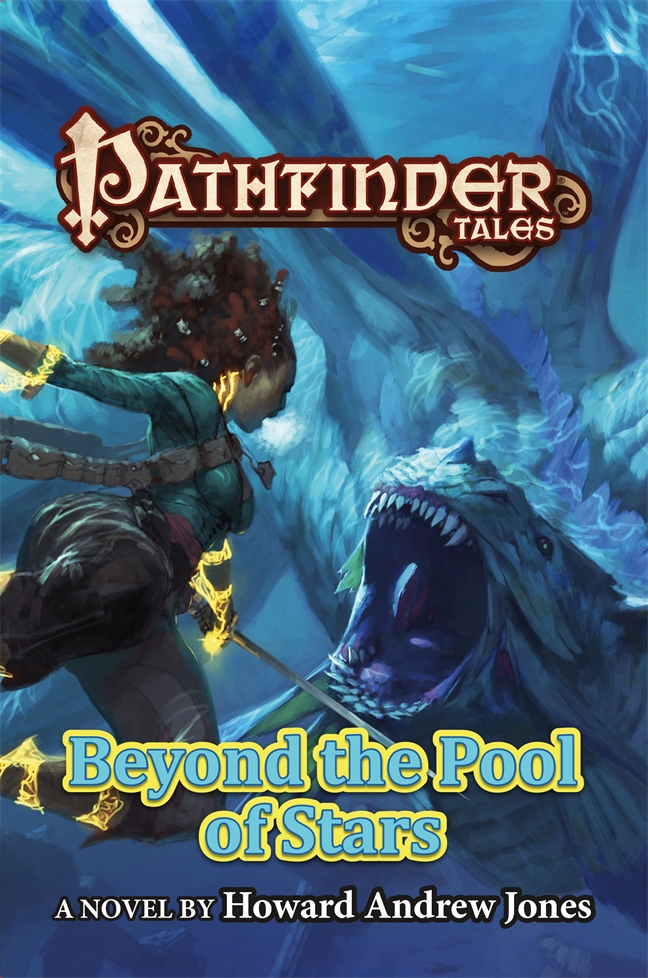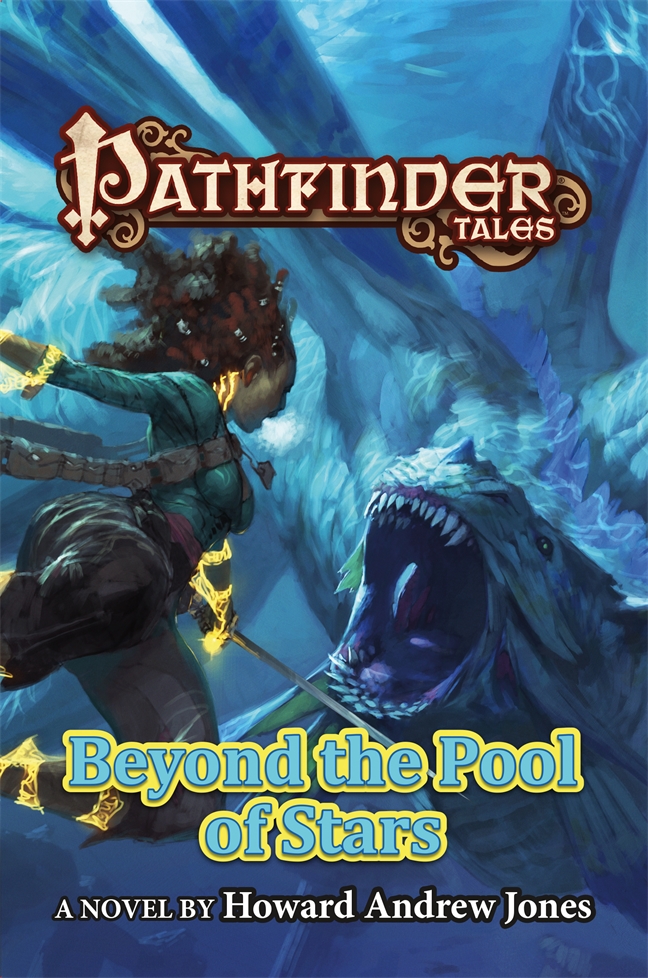This is the first chapter of my forthcoming science fiction novel The Worker Prince. It’s a space opera in the vein of Star Wars and Star Trek. If you enjoy it, please spread the word.
Prologue
Sol climbed to the top of the rise and stared up at the twin suns making their daily ascension. Yellows and oranges faded under the increasing blue of oncoming daylight, leaving a red glow on the horizon.
For as long as he could remember, he’d started each day with an escape from the heavy, polluted air and the noise of people, factories and traffic. He’d hoped the peaceful, quiet sunrises would calm him as usual to face the day ahead, but today he had no sense of peace, and the silence of the city’s edge drowned beneath the clamor within him.
My precious son! My God, don’t forsake us now!
The wait had been interminable, punctured by endless prayers to God for a precious gift. Now they had to send him away—their Davi! Was there no justice in this universe?
He glanced at his chrono and sighed. Wouldn’t want to be late to serve the Borali Alliance! After one last look at the twin suns, he turned and hurried back along the path toward Iraja and the starport stretched out on the horizon near the city’s edge.
He labored more with each breath as heavy air filled his lungs. The depot occupied a strategic site at the center of the planet ensuring easy access from all regions. Ignoring the droning soundtrack of the city awakening, Sol timed in on the chrono and greeted Aron, his co-worker and lifelong friend.
“Regallis,” Aron said, smiling.
“Regallis?” Sol asked. It seemed so far away—one of the outer planets in the system.
Aron nodded. “It’s perfect. Good population, frequent tourists, fertile plants, peaceful, no pollution. Best of all, no slavery. Davi should find a very happy life there.” Sol smiled at the thought. “I plotted coordinates for the capital. Figured it would give him the best chance.”
Sol clapped Aron on the shoulder, as the idea blossomed. “Thank you, Aron. We knew we could count on you.”
Aron, short and bulky, filled out the blue-green uniform jumpsuit, leather boots and tool belt both wore more fully than the thinner, taller Sol. They moved across a hangar toward their workstation, despite the deafening racket closing in around them—the constant hum of machinery, men raising their voices to be heard over it, the roaring of engines, the staccato hammering of tools. The sounds, the chaos of starships in all states of repair and the smell of fuel and sweat combined to make the hangar a place most visitors preferred to avoid. Sol didn’t even notice.
“What do you have left to do?” Aron asked as their eyes scanned the daily work assignments on their terminals.
“Test the seals and navigation system, replace injector. Then I need fuel.” Sol sighed, ticking the tasks off on his fingers like always. There would be no time to work on the courier today.
“My friend at the fuel depot has left over military fuel cells. They almost never ask for them back. He volunteered some for the courier.”
Sol beamed. If he’d ever had a brother, he hoped it would have been someone like Aron. “What did I do to deserve a friend like you?”
Aron shrugged. “Some people are luckier than others.” Sol laughed at Aron’s silly grin as they set to work on their assigned tasks.
As they commenced with their work, Sol stared through the hangar’s transparent roof at the clear blue sky overhead. Through a break in the gray, polluted clouds, the clean purity of a blue sky contrasted with his daily existence. He and Lura had adored every moment since the birth of their son. Every giggle, smile, or sign of personality sent waves of warm amazement coursing through him. There was not any more precious gift than that of this little creature who’d come from their love.
Lord Xalivar’s decree had taken the planet by storm. All first-born worker sons would be slaughtered for the gods. There were rumors that the crisis resulted from one of the High Lord Councilor’s nightmares, but no one knew for sure. Xalivar didn’t need a reason. Concerning the slaves, his word was law.
The gods! Gods our people don’t even believe in would dare to take away our Davi! Sol and Lura desperately wondered what they could do to save their precious boy. After hours of discussion, they’d found a single choice.
The next morning, Sol had begun modifying the round, silver craft designed to carry supplies and papers between planets in the solar system. Being a mechanic at the depot put him in the perfect position. He installed a vacuum sealer and oxygen vents and hollowed out the carrier cavity to hold the cushion on which he would place their tiny son for the journey.
Sol enlisted Aron, who had access to navigation charts for the entire system, knowing together they could find a place where Davi would be found and cared for. The courier’s sub-light drive would cut travel time to no more than a day to anywhere in the solar system.
Lura wouldn’t eat and barely slept, sitting with Davi and refusing to leave him. At least Sol’s work kept him occupied. He couldn’t bear watching her suffer, and if he didn’t act, Davi would be sacrificed with the others. Healing would come when they knew he was safe. Sol was, even now, working on a tracking device, which would send back a signal to the depot when the craft landed. They might never see Davi again, but at least they would know he’d escaped to a new life.
As the suns’ rays warmed the space where he stood, it comforted Sol to know their baby boy would see the same suns wherever he wound up. Shadows crept away like their quat, Luci, who loved to sneak around feeling invisible with her arched back and long tail. Luci would miss the precious little one, too. Sol offered a silent prayer of thanks for the time they’d had with their precious son then turned back to his tasks.
***
“LSP Squads are landing and moving toward our neighborhoods.” A co-worker appeared beside Sol’s worktable, his fearful eyes darting around like flies hovering over a corpse.
“We don’t have much time,” Sol said to Aron as the co-worker hurried off, and they abandoned the hulking barge to finish the courier.
Aron tested the navigation system, while Sol checked the seals. Less than thirty minutes later, the first reports of methodical killings came in—first-born males of all ages slaughtered by LSP squads moving from home to home.
“I hope Lura heard the news.” Sol couldn’t stand still.
“I’m sure everyone on the planet knows about it by now,” Aron replied as both did their best to hurry without making any mistakes. “She’s probably on her way here already.”
Sol nodded, fighting the tension rising within. She would follow their plan and head for the depot with Davi. With his supervisors watching, he couldn’t run home and warn her. He’d risk encountering the LSP squads, who tended to shoot first and ask questions later of citizens who interrupted them in action.
The supervisor was upon them within the hour. “There’s no courier on your worksheets.”
His gray jumpsuit bore not a blemish or wrinkle, unlike theirs which were covered with grease and grit. The stare from the green-scaled supervisor’s disproportionally large orange eyes might have been intimidating if Sol hadn’t already grown used to it. Tran hurried over waving the two lower arms extending from either side of his rounded, voluminous stomach. Two parallel arms extended out of his shoulders above them, one holding an electronic translator which translated his words from his native Lhamor—a series of clicks and clacks—into the common used standard, the official language of the Alliance.
Sol’s throat tightened, but Aron remained calm. “It’s the courier for Estrela Industries, Tran,” Aron said as he typed calculations into the navigation system’s computer. “We got notification they’ve moved up the testing. It’s for a top-secret program authorized by Lord Xalivar himself.”
Sol and Aron had long ago devised the story about the courier belonging to an important defense contractor. They’d seen too many other workers killed just for failing to meet their quotas. Since couriers were a part of their regular routine, it was easy enough to excuse their working on it from time to time if anyone asked. Before now, no one had.
Tran mulled this over, staring at them as if he could read their minds. “It’s almost done—a few minor adjustments.” Sol used a wrench to finish checking bolts on the courier’s hatch.
“Well, you can’t leave today without finishing your assignments.” Tran’s eyes reddened with suspicion before he whirled and marched away. At least they’d bought themselves time.
“If he goes to the manager—” Sol shuddered at the memory of past tortures for disobedience.
“He won’t. He flinches at the mention of Xalivar’s name,” Aron reminded him, as they hurried back to work on the courier. Sol’s breathing normalized again, and he hoped Lura was on her way there.
A clerk in a red jumpsuit appeared, handing Aron some parts for another project. As Aron signed the laser pad to acknowledge receipt, the co-worker looked at Sol. “They’ve started in your neighborhood. We just heard.”
Sol and Aron exchanged a frightened glance as the co-worker slipped away. Sol’s muscles tightened as his heartbeat climbed. He jumped at the communicator’s beep, then double clicked the talk button. “Station sixty-five.”
“Your wife is in the lobby,” the auto-bot receptionist responded. The line went dead.
Sol’s shoulders descended as he turned to Aron. “Get the pod to Test Pad Seventeen-A. We’ll meet you there.” Aron nodded as Sol hurried toward the lobby.
Lura waited with Davi wrapped in a blanket, rocking him in her arms. She wore a simple white jumpsuit and tan leather shoes, her long brown hair flowing down her back. As it had for fifteen years, her beauty took his breath away. The most perfect human he’d ever met had chosen him. He felt like a leprechaun from an Old Earth fairy tale grasping a pot of gold.
Sol hugged Lura, seeing the fear in her eyes. “Come with me.” Grabbing her arm, he steered her away from the four-armed auto-bot, which sat permanently affixed before a huge communications console. He tried to relax, knowing it was a mech but as they neared the door, Davi began crying.
“Is that a baby?” Tran’s voice came from behind them, and they turned to see him frowning as he approached.
“It’s our son,” Lura commented, then put a hand over her mouth as Tran reached for a communicator on the wall.
The clerk who’d delivered supplies to Sol and Aron earlier entered at a run. “Tran, Station Thirty-Four has no fuel.”
Tran stopped reaching for the communicator and turned to face him. “What do you mean they have no fuel?”
As Sol pushed Lura through the door, Tran whirled back around, scowling before the door slammed shut behind them.
Lura’s tears flowed as they zigzagged through the chaotic hangar toward the test pads. They almost couldn’t hear Davi crying above the din.
“I’m sorry…” Lura’s hand shook as she clung to his arm.
“Let’s hope Aron’s got the courier ready.” Sol tapped three numbers into a security door and it rose into a ceiling cavity with a loud, whooshing sound. He ushered her down a dimly lit corridor.
“I don’t know if I can let him go,” Lura said, as she had over and over since the decree’s release.
“If we want our son to grow old, we have no choice, love.” Sol’s practiced emotional burying failed and his voice cracked as they moved past numbered doors toward Test Pad Seventeen-A.
The dark walls and floor of the narrow corridor absorbed what little light the reflector pads overhead provided. If Sol hadn’t known the way, they would have progressed more slowly. They stopped before a gray door marked seventeen-A as Sol entered another key code into the security pad.
The door swung up and Sol rushed Lura and Davi onto the test pad, where Aron was busy double-checking the courier’s navigation system. Mounted on the launcher, the courier appeared bigger and taller than it actually was. Upon seeing it, Lura clutched Davi tightly to her chest.
“Lura, we must hurry!” Tiny daggers danced and sliced at the surface of Sol’s pounding heart.
“I’ve got the coordinates programmed. And I borrowed fuel for the sub-light drive from Station Thirty-Four,” Aron said and Sol winced. “It should take them a while before they miss it.”
Sol climbed a small ladder and examined the courier one final time. “Tran’s already been alerted. Why’d you do that?”
“There was no time to go anywhere else,” Aron said, his face registering alarm.
Sol motioned to the courier. “Let’s get the engines prepped. They don’t know where we’ve gone.”
Aron and Sol hurried about the final launch preparations as Lura held Davi and cried. After a few moments, Sol stepped down from the ladder to join her.
“He’s going to Regallis, Lura. Aron checked it out himself. He’ll be in the capital. Someone will give him a life we never could.” Tears flowed as his hands carressed the feathery down atop his son’s head.
“How can this be happening?” Lura said through her sobs. “We’ve waited so long for a child!”
Sol’s arms wrapped around her, holding his family for the last time. “We have to have faith, Lura. God will protect him. It’s time for him to go.” He reached for Davi. Lura resisted a moment, then kissed Davi’s forehead and surrendered.
His infant son lay so light in his arms—soft and warm. The eyes looked to him with total trust, but instead of cuddling with him as he wanted, Sol hugged the tiny boy to his chest and hurried up the ladder to the courier. Placing Davi in the molded cushion, he wrapped the safety straps around him, put the life support pad in place and turned it on. Its LEDs lit up bright green. The note he’d written for whoever found Davi rested secure in the info pouch on the side wall. Everything was good to go.
Lura rushed up the ladder beside him. She removed her necklace his mother had given her before their joining ceremony and set it beside their son. Since the ceremony, Sol had never seen her without it. Tucking the family crest emblem inside the blanket where it couldn’t float free and scratch their son, he reached for the hatch, bending down as he did to kiss Davi’s head.
“Always remember we love you,” he said, the last words his baby son heard before the hatch closed over him.
Sol clasped Lura’s hand and led her down the steps. He nodded as Aron entered the launch code in the computer, and they all moved out of range to watch. The courier’s engines ignited, humming as they rose to full power in preparation for launch. The room vibrated around them as the courier’s engines shot out twin columns of orange-red flame, rocking the pedestal upon which it rested, before launching into the sky on its journey to the edge of the solar system. Sol wrapped his arms around Lura as she collapsed against him, sobbing. Security forces arrived, surrounding them, and Sol glimpsed Tran’s orange eyes peering in from the doorway.
326 pp · ISBN 978‐0‐9840209‐0‐4 ·Trade Paperback/Epub/Mobi · $14.95 tpb $3.99 Ebook · Publication: October 4, 2011 · Diminished Media Group
Available now for 20% off on preorders!!!
Trade paperback only
EPUB or MOBI — please specify in notes on order
 A writing career is a work in progress. I’m always striving to better my writing process.
A writing career is a work in progress. I’m always striving to better my writing process. of historical fiction writer Harold Lamb’s work for the University of Nebraska Press. He can be found lurking at www.howardandrewjones.com. Follow him on Twitter @howardandrewjon
of historical fiction writer Harold Lamb’s work for the University of Nebraska Press. He can be found lurking at www.howardandrewjones.com. Follow him on Twitter @howardandrewjon




